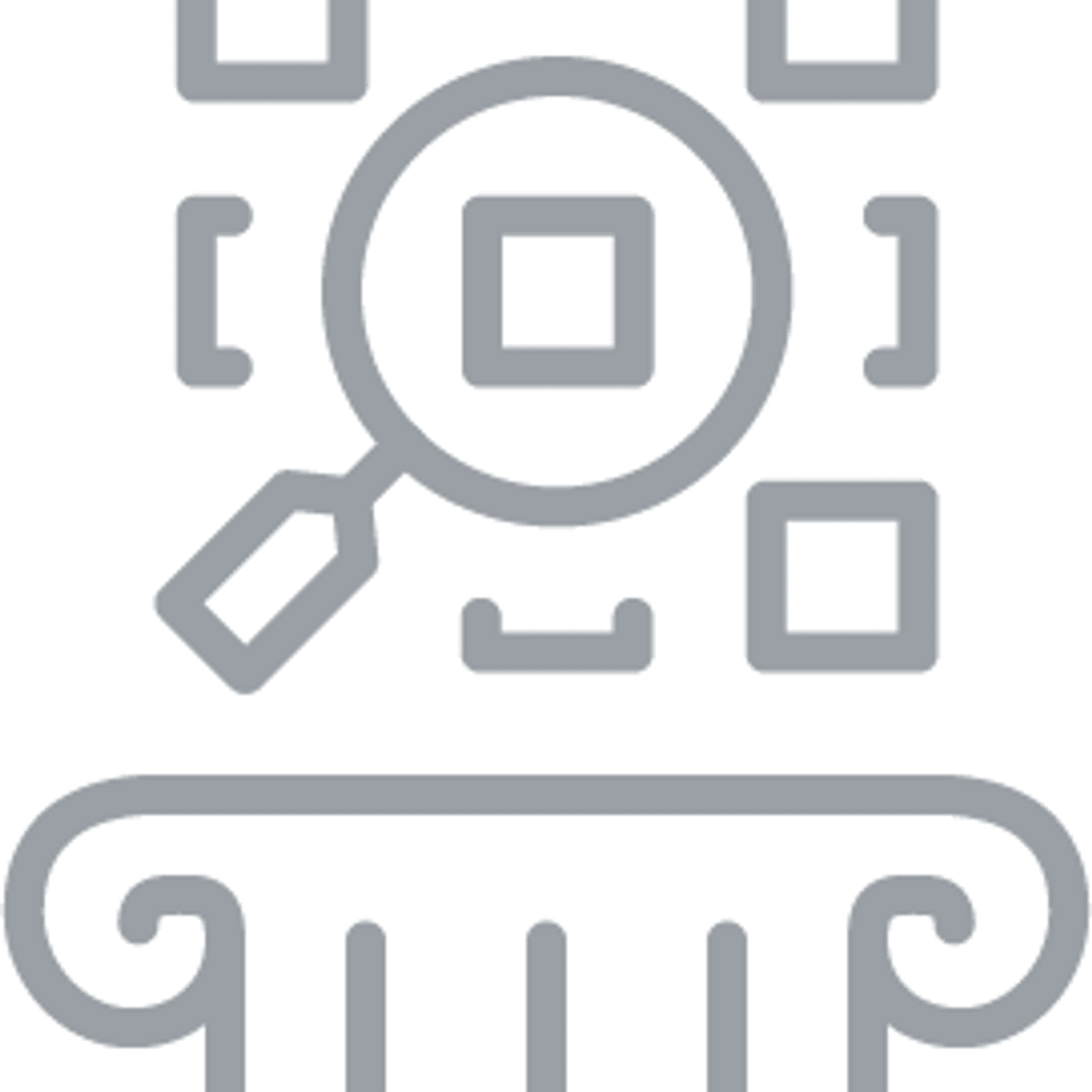
Google データアナリティクス プロフェッショナル認定プログラムの最初のコースです。各コースでは、初歩的なデータ アナリスト業務に必要なスキルを習得します。あらゆる組織で、プロセスの改善、商機とトレンドの見極め、新製品のリリース、慎重な意思決定などに、データ アナリストが必要とされています。このコースでは、Google が開発した実践的なカリキュラムを通じてデータ アナリティクスの世界を紹介します。教材では、データ アナリティクスに関する多数の主要トピックに触れながら、Google データアナリティクス プロフェッショナル認定プログラムの概要がわかるよう工夫されています。現職の Google データ アナリストが、最適なツールやリソースを使って、一般的なアナリスト業務を遂行する実践的な方法を指導します。
この認定プログラムを修了すると、エントリーレベルのデータ アナリスト職に応募できるようになります。過去の業務経験は不要です。
このコース修了後の目標は以下の通りです。
- ジュニア データ アナリストやアソシエート データ アナリストが日常的に関わる業務やプロセスを理解できるようになる。
Read more
Google データアナリティクス プロフェッショナル認定プログラムの最初のコースです。各コースでは、初歩的なデータ アナリスト業務に必要なスキルを習得します。あらゆる組織で、プロセスの改善、商機とトレンドの見極め、新製品のリリース、慎重な意思決定などに、データ アナリストが必要とされています。このコースでは、Google が開発した実践的なカリキュラムを通じてデータ アナリティクスの世界を紹介します。教材では、データ アナリティクスに関する多数の主要トピックに触れながら、Google データアナリティクス プロフェッショナル認定プログラムの概要がわかるよう工夫されています。現職の Google データ アナリストが、最適なツールやリソースを使って、一般的なアナリスト業務を遂行する実践的な方法を指導します。
この認定プログラムを修了すると、エントリーレベルのデータ アナリスト職に応募できるようになります。過去の業務経験は不要です。
このコース修了後の目標は以下の通りです。
- ジュニア データ アナリストやアソシエート データ アナリストが日常的に関わる業務やプロセスを理解できるようになる。
Google データアナリティクス プロフェッショナル認定プログラムの最初のコースです。各コースでは、初歩的なデータ アナリスト業務に必要なスキルを習得します。あらゆる組織で、プロセスの改善、商機とトレンドの見極め、新製品のリリース、慎重な意思決定などに、データ アナリストが必要とされています。このコースでは、Google が開発した実践的なカリキュラムを通じてデータ アナリティクスの世界を紹介します。教材では、データ アナリティクスに関する多数の主要トピックに触れながら、Google データアナリティクス プロフェッショナル認定プログラムの概要がわかるよう工夫されています。現職の Google データ アナリストが、最適なツールやリソースを使って、一般的なアナリスト業務を遂行する実践的な方法を指導します。
この認定プログラムを修了すると、エントリーレベルのデータ アナリスト職に応募できるようになります。過去の業務経験は不要です。
このコース修了後の目標は以下の通りです。
- ジュニア データ アナリストやアソシエート データ アナリストが日常的に関わる業務やプロセスを理解できるようになる。
- 専門的なツールボックスに追加できる、主要な分析スキル(データ クリーニング、データ分析、データの可視化)とツール(スプレッドシート、SQL、R プログラミング、Tableau)を習得する。
- データのライフサイクルやデータ分析プロセスなど、ジュニア データ アナリストの業務に関わる数多くの用語や概念を理解できるようになる。
- データ エコシステムにおけるアナリティクスの役割を評価できるようになる。
- 分析的思考について自己診断ができるようになる。
- コース修了後、求人情報を検索でき、求職活動のベストプラクティスを知る。
What's inside
Syllabus
データ アナリティクスとは
データは、日常生活や仕事における意思決定に役立ちます。このパートではまず、データ アナリティクスのプロセスや業務ツールを活用して、意思決定に必要な情報を導き出すための方法を学びます。並行して、このコースとプログラム全体が目指すものも紹介していきます。
分析的思考とは
Read more
Syllabus
Good to know
Save this course
Activities
資料の整理と確認
Show steps
整理と確認によって、関連する資料をより良く理解できます。
Show steps
-
コースモジュールとアセスメントを注意深く確認します。
-
ノート、割り当て、クイズ、試験を見直しおよび整理します。
Show all one activities
資料の整理と確認
Show steps
整理と確認によって、関連する資料をより良く理解できます。
Show steps
- コースモジュールとアセスメントを注意深く確認します。
- ノート、割り当て、クイズ、試験を見直しおよび整理します。
Career center
Data Analyst
Statistician
Product Analyst
Business Analyst
Database Administrator
Financial Analyst
Quantitative Analyst
Market Researcher
Operations Research Analyst
Data Scientist
Data Engineer
Risk Manager
Software Engineer
Machine Learning Engineer
Risk Analyst
Reading list
Share
Similar courses
OpenCourser helps millions of learners each year. People visit us to learn workspace skills, ace their exams, and nurture their curiosity.
Our extensive catalog contains over 50,000 courses and twice as many books. Browse by search, by topic, or even by career interests. We'll match you to the right resources quickly.
Find this site helpful? Tell a friend about us.
We're supported by our community of learners. When you purchase or subscribe to courses and programs or purchase books, we may earn a commission from our partners.
Your purchases help us maintain our catalog and keep our servers humming without ads.
Thank you for supporting OpenCourser.


